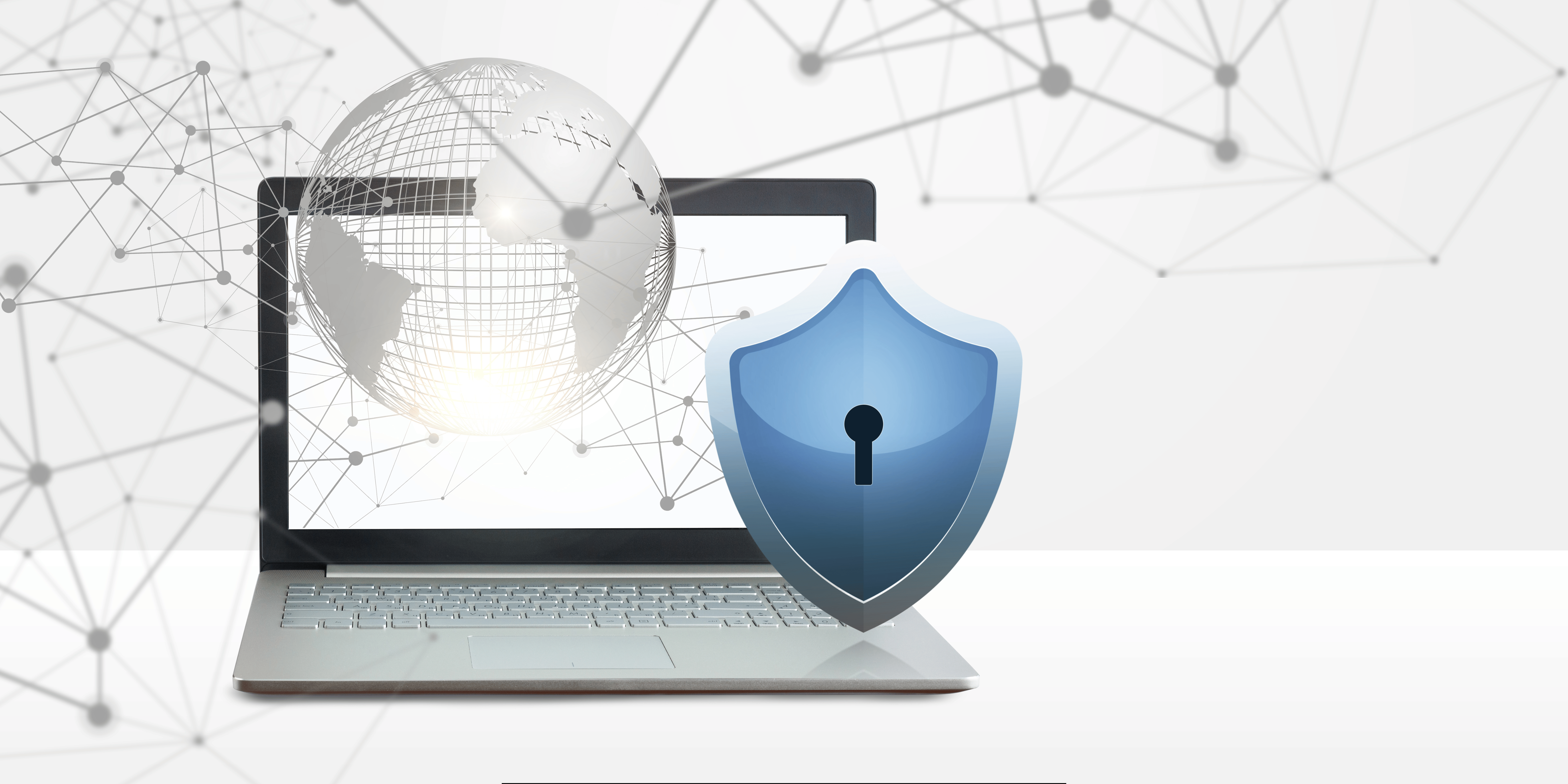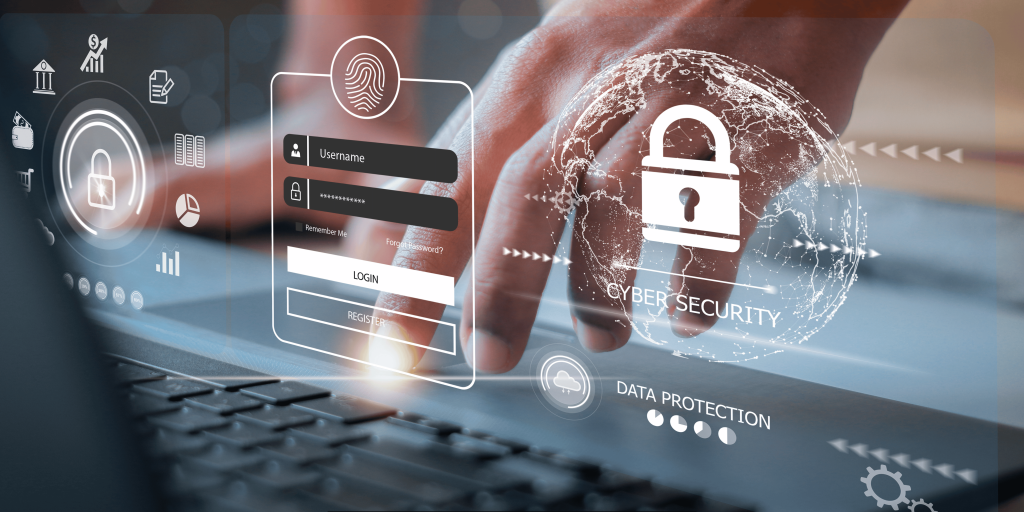
The Importance of Data Security in Appointment Scheduling Software
Appointment scheduling has been embraced widely in the industry because of its significance. Calendar booking and customer relationship management tools help organizations schedule appointments, manage information, and perform routine tasks. Nevertheless, with the benefits of appointment scheduling software comes the issue of data security. Where clients offer personal and private information through such systems, it is required that such information is protected.
The Need to Protect the Client Information
Any business that uses appointment scheduling software must ensure that they do all that they can to protect their client’s information. Lack of proper handling or reporting of customer information leads to severe consequences that affect the credibility and reliability of a firm.
Some key reasons why securing client data is vital include:

– Avoiding data breaches: The hackers infiltrate the client’s details, including their names, birthdays, addresses, social security numbers, and others. Not only are data breaches prohibited in some regions, but they also erode trust and can lead to significant consequences.
– Respecting privacy rights: Customers provide business with personal information with the understanding that their information will not be shared with other parties. We are reminded that dealing with data or storing it must be protected sufficiently, as not doing so is a betrayal of this trust.
– Preventing identity theft: When the cyber criminals get enough of the client information, they are in a position to steal identities, open accounts and do other unlawful deeds with the information.
– Complying with regulations: There are specific guidelines that apply to some industries like the healthcare and the financial sectors in the case of such systems. Lack of security measures results in severe legal and economic consequences for the organization.
Some of the critical elements of data security include:
To keep client information safe, appointment scheduling platforms should incorporate various data security controls, including:
Encryption
Data encryption is one of the most basic security measures. Encryption distorts the content so that only those with access rights can access it. Data should be encrypted when stored and during transmission to ensure that the data is fully protected.
Access Controls
Not all employees should be privy to all the client information that the company has. Security measures such as two-factor authentication procedures, a hierarchy of privileges and account control, and requirements for password complexity ensure that only specific personnel with necessity can access sensitive information.
Activity Logging
Audit trails give insight into how the data is being utilized and altered in the systems. It identifies suspicious access attempts and abuse of information more quickly with the help of logs.
Network Security
Firewalls, intrusion detection/prevention systems, and other network security tools are the first line of defense against cyber threats that want to penetrate appointment scheduling systems from outside.
Software Updates
The scheduling software vendors usually release security patches to address the issues. It is essential to update applications to prevent new attack techniques from penetrating the system.

Data Backups
In the event of a security breach, data backup can allow information to be retrieved to the state before the intrusion. Backups can minimize the effects of malware, ransomware, or insider abuse.
Incident Response Plans
Incident response plans enable teams to respond quickly if a data security problem is identified. Minimizing the time it takes to respond to breaches can significantly decrease their cost to the company.
Audits
These ascertain that security controls are operational at specific intervals through audits. Audits identify weaknesses in the control environment, failure to adhere to predetermined compliance standards, and areas that require enhancement.
Selecting the Right Secure Scheduling Software
Considering the data risks, businesses should ensure that the appointment scheduling system they are buying has adequate security measures.
Critical criteria to evaluate include:
– Strengths of the encryption and places where data is stored
– The possibilities of customizing the access permissions
– Activity log storage capabilities and data retention rules
– This integration is usually with the company network defenses as other defenses, such as firewalls, are already integrated.
– The Vendor cyber security practice and the certification that they have implemented
– Backup schedules and data redundancy measures
– Measures for handling and reporting of the incidents and breaches
– Regular auditing to confirm the controls
Hence, the proper data security remains a crucial goal to achieve for small businesses even if they are using the most straightforward scheduling software. It maintains the trust of the clients in the services they depend on when the risks are managed reasonably. Even a single avoidable data breach can lead to permanent harm to operations, as the Target data breach showed. With more developed security controls in the market, no organization can afford to have consumer data unprotected.
Conclusion
Appointment scheduling software produces extensive advantages for the current enterprises depending on calendar and online scheduling. However, the same systems also generate substantial data security liabilities where customer information is a concern. Businesses must employ adequate security mechanisms that include encryption, access control, activity monitoring, networking security, and others. While data protection requires an investment, it is significantly smaller than the potential losses companies are open to if client data is breached. Thus, with the security of clients’ data as one of the priorities, firms can safely use appointment scheduling software to improve the service delivery while at the same time minimizing the unnecessary privacy and compliance concerns.

